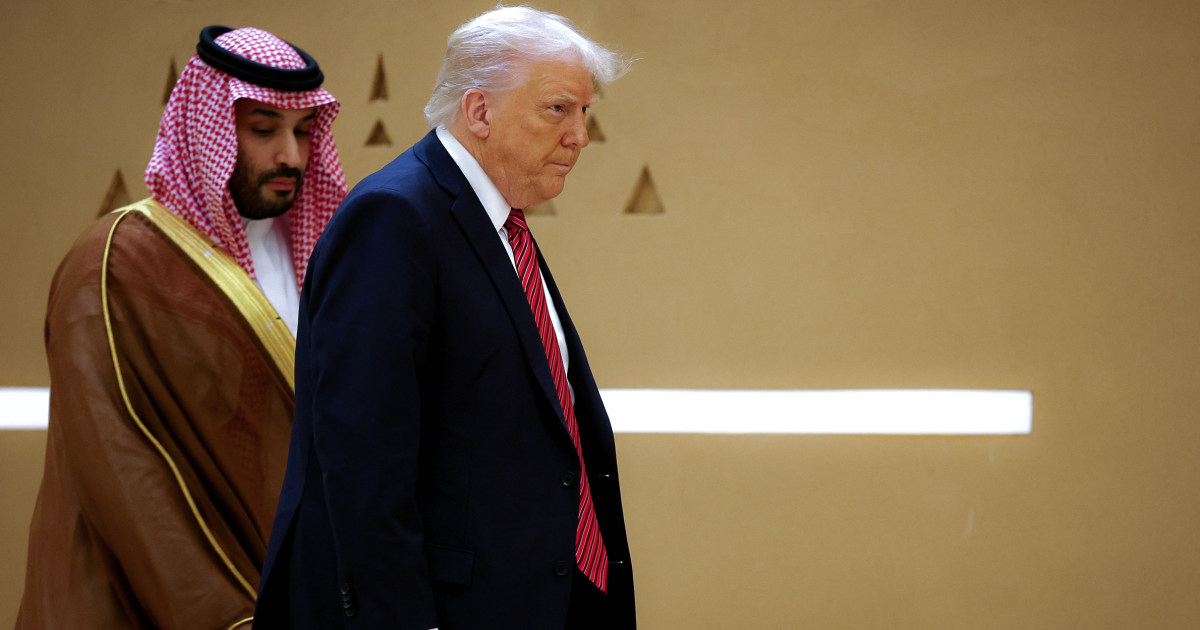The Trump Brand’s Bold Expansion in the Middle East: Ethical Implications Under Scrutiny
The Trump Organization is aggressively expanding its footprint across the Middle East, with new luxury real estate developments, hotels, and golf courses underway in Saudi Arabia, the UAE, and Oman. This strategic push, accelerating since 2023, raises ethical concerns about blending business interests with geopolitical influence, particularly given former President Donald Trump’s political ties and the region’s complex governance landscape.
Luxury Ventures and Lucrative Partnerships
The Trump Organization has secured multiple high-profile deals in the Gulf Cooperation Council (GCC) countries, including:
- A $1.5 billion golf resort in Dubai, set to open in 2025
- Two Trump-branded towers in Jeddah, developed in partnership with Saudi Arabia’s Dar Global
- Exclusive negotiations for a luxury hotel in Muscat’s new economic zone
Middle Eastern investors now account for nearly 40% of the Trump Organization’s international revenue, according to 2023 financial disclosures. This expansion capitalizes on the region’s booming $8.6 trillion luxury real estate market, which grew 15% year-over-year despite global economic headwinds.
Ethical Concerns: Business, Politics, and Governance
Critics argue these ventures create potential conflicts of interest, especially as Trump campaigns for the 2024 U.S. presidential election. “When a political figure’s business interests intertwine with foreign governments, it raises red flags about influence peddling and policy capture,” says Dr. Lina Khatib, Director of the SOAS Middle East Institute.
Proponents counter that the deals represent legitimate private sector growth. “These are purely commercial projects that create jobs and stimulate local economies,” asserts Ahmed Al-Fahim, a Dubai-based business consultant who has advised Trump-branded developments. “The Middle East welcomes global brands that meet our quality standards.”
Impact on Local Economies and Communities
The expansion brings both opportunities and challenges for host countries:
- Economic benefits: Projects create construction jobs and attract high-net-worth investors
- Cultural tensions: Western branding sometimes clashes with conservative social norms
- Market distortion: Luxury developments risk exacerbating housing inequality in cities like Riyadh
A 2024 Brookings Institution study found Trump-branded properties increase surrounding land values by 20-35%, often pricing out local residents. In Dubai’s Palm Jumeirah area, average rents near Trump properties jumped 42% since 2022.
Geopolitical Considerations and Future Outlook
The expansion coincides with shifting U.S.-Middle East relations. While the Biden administration emphasizes human rights, Trump-era policies favored economic cooperation with Gulf states. Some analysts suggest these business ties could influence future foreign policy if Trump returns to office.
“We’re witnessing the privatization of diplomacy,” notes Georgetown University professor John Ferguson. “When brand expansion outpaces regulatory frameworks, it creates governance gray areas that merit scrutiny.”
Looking ahead, three key developments will shape this story:
- The 2024 U.S. election’s impact on Middle East business perceptions
- Ongoing debates about foreign emoluments and ethics regulations
- Local reactions as more Trump projects break ground in culturally sensitive areas
As the Trump Organization reportedly scouts additional sites in Qatar and Kuwait, stakeholders from Washington to Riyadh are watching closely. For investors and policymakers alike, understanding these dynamics will be crucial in navigating the intersection of global business and regional politics.
What’s your perspective on multinational brands expanding in geopolitically sensitive regions? Share your views with our editorial team.
See more Business Focus Insider Team

